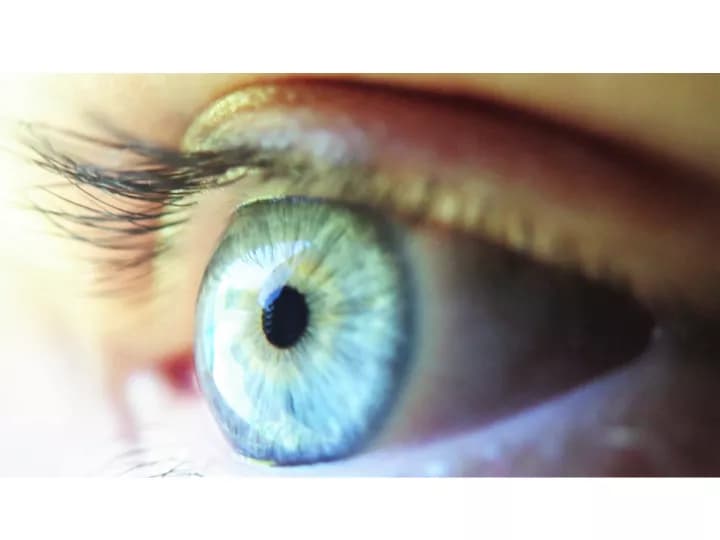Visual memory is defined as information one is able to remember/recall because of a sensory visual experience. It is generally believed that humans possess a good visual memory, as previous research on human subjects has shown. Additionally, there is another concept, termed Metamemory. Metamemory is what a person thinks he or she remembers well.
Dr. Adam Blake and colleagues at the University of California at Los Angeles (UCLA) set out to find the visual and metamemory of college students for the famous “Apple” logo. A group of 85 UCLA undergraduate students, aged 18-35, were enrolled for this study. The participants were exclusively Apple, exclusively PC or mixed users. The research subjects were asked to draw the logo and also write down their confidence level that their drawing was accurate. Additionally, they were asked to recognize the logo from a set of options and were again asked to write how confident they were. In another experiment, 26 participants were asked to draw the logo and write how confident they were before and after drawing the logo.
The participants expressed great confidence in their capacity to draw and identify the logo. However, the results were surprising, as only one of the 85 participants was able to correctly draw the Apple logo. Fewer than 50% of the participants identified the logo correctly from a set of options. The follow-up experiment showed that the overconfidence expressed by the participants decreased when they were asked about their confidence after they had already drawn the logo. The results did not vary significantly between Apple and PC users. Thus, it would appear from the experiments that increased exposure to the universal Apple logo contributes to familiarity and a resultant misplaced confidence in one’s visual memory, but not actual improvement in memory itself.
The authors explain the disconnect between visual and metamemory as due to a form of attentional saturation, potentially leading to “inattentional amnesia.” In the authors’ words, “People are often exposed to this logo and may then stop attending to the details of the logo, perhaps due to its simplicity and availability.”
The study discussed here corresponds with previous findings where participants were unable to correctly recall the features of a penny or the location of a fire extinguisher, despite being familiar with the objects. As stated by the authors, “Despite frequent exposure to a simple and visually pleasing logo, attention and memory are not always tuned to remembering what we may think is memorable.”
In this age of visual overload, this investigation should make us stop and think—more exposure does not always build better memory in the human brain. As stated in Science Daily in its title, “We don’t notice much of what we see.” A conscious attention to detail, however, has been and will be what is needed for a good memory.
Written by Mangala Sarkar Ph.D.
Primary Reference:
Blake, A.B., Nazarian, M., & Castel, A.D. (2015). The Apple of the mind's eye: Everyday attention, metamemory, and reconstructive memory for the Apple logo. The Quarterly Journal of Experimental Psychology, DOI: 10.1080/17470218.2014.1002798
Additional References:
Brady, T.F., Konkle, T., Alvarez, G.A., & Olivia, A. (2008). Visual long-term memory has a massive storage capacity for object details. Proceedings of the National Academy of Sciences, 105(38), pp. 14325–14329. Retrieved from http://www.ncbi.nlm.nih.gov/pmc/articles/PMC2533687/
Nickerson, R.S. &Adams, M.J. (1979). Cognitive Psychology, 11, pp. 287–307.
Castel, A.D., Vendetti, M., & Holyoak, K.J. (2012). Fire drill: Inattentional blindness and amnesia for the location of fire extinguishers. Attention, Perception, & Psychophysics, 74, pp.1391–1396. Retrieved from http://link.springer.com/article/10.3758/s13414-012-0355-3#page-1
(2015 Mar 27). We don’t notice much of what we see: 85 college students tried to draw the Apple logo from memory; 84 failed. Retrieved from www.sciencedaily.com/releases/2015/03/150327101157.htm
Related Articles
Test Your Knowledge
Asked by users
Related Centers
Related Specialties
Related Physicians
Related Procedures
Related Resources
Join DoveHubs
and connect with fellow professionals


0 Comments
Please log in to post a comment.